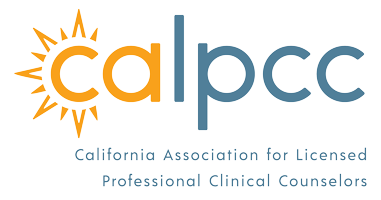Contact Us © CALPCC |
About Us
ACA Code of EthicsThe ACA Code of Ethics is a set of principles that guide the behavior of professional counselors in the United States, including Licensed Professional Clinical Counselors in California. The code is designed to protect the public interest and to ensure that counselors provide high-quality services. The code includes 5 core principles:
The ACA Code of Ethics is an important tool for ensuring that professional counselors provide ethical services to the public. It helps counselors to make ethical decisions and to protect the welfare of their clients. In addition to the 5 core principles, the ACA code of ethics also includes specific standards of practice for counselors. These standards address a wide range of issues, such as confidentiality, informed consent, and dual relationships. The ACA Code of Ethics is a living document that is updated periodically to reflect changes in the counseling profession. The current version of the code was adopted in 2014: |
